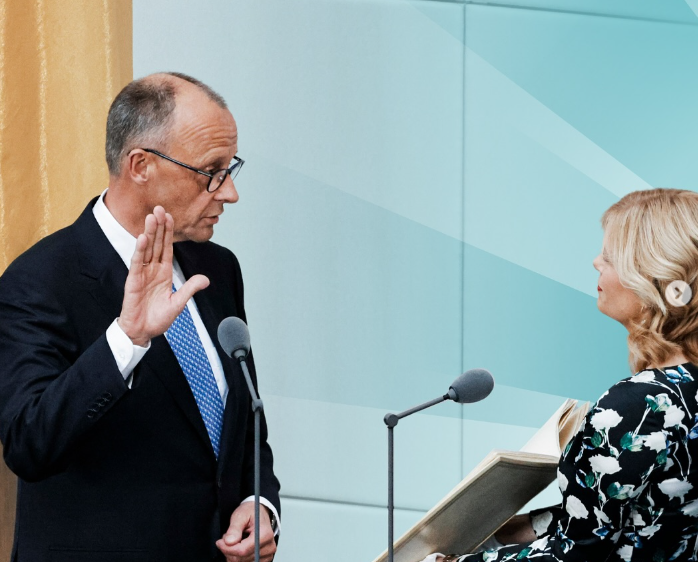[ad_1]
LONDON (Reuters) – After months of Brexit talks that have made little progress and deepened rifts in her party, British Prime Minister Theresa May will try this week to put the negotiations on track and reassert her authority.
In a speech in the Italian city of Florence, May will set out on Friday her vision for future ties with the European Union and try to fill an apparent policy vacuum that has left her Brexit team adopting what Brussels regards as wrecking tactics in the talks on unravelling four decades of union.
The 60-year-old leader has deliberately chosen an EU city to deliver the speech so that she can speak directly to the other 27 nations in the bloc, but has her work cut out in seizing back the initiative.
May has been largely quiet on Brexit since her Conservative Party lost its parliamentary majority in a June election that she need not have called, saying little beyond expressing her support for “a deep and special partnership” with the bloc once Britain leaves in March 2019.
But days before the speech, foreign minister Boris Johnson laid out his own Brexit vision, challenging her more cautious approach and exposing the fault lines in her party and government.
EU negotiators are also frustrated with what they see as Britain’s policy drift. At talks in August, British officials spent almost three hours picking holes in the legal basis for the bill that the EU expects London to pay to leave.
Sources familiar with the presentation — so detailed it stretched for 11 pages and was illustrated with 23 slides — called it a show of legal muscle. But, as Brexit minister David Davis said, the meeting was even “tetchier than the one before”.
“The reason lawyers gave a two-and-a-half hour presentation is because no government minister had made a decision on policy,” said Andrew Hood, who was a legal adviser to former prime minister David Cameron and still has contact with lawyers in several government departments.
The August talks were almost cancelled by the EU side because of Britain’s lack of position, Hood told Reuters. “I always thought when I was in the foreign office that if you ever need to revert to lawyers you’ve probably lost,” he said.
Hood now advises companies on their Brexit strategy for law firm Dechert but took part in meetings with the EU under Cameron, who resigned last year after Britons voted for Brexit.
The financial settlement with Brussels is one of the most difficult parts of the Brexit negotiations, but the lack of movement so far on even the mechanics of how to calculate the sum shows the difficulties facing Britain.
RIFTS, SPLITS AND FRUSTRATION
May is walking a tightrope between hardline Conservative Brexit supporters who want to make sure any payment is as small as possible, and some top ministers who believe Britain must pay to keep ties as close as possible.
Until now, she has largely let her government do the talking by setting out a wishlist for future relations with the bloc that aims for the closest of ties without the costs. May has also stuck to a belief that by playing her cards close to her chest, Britain will force EU negotiators into concessions.
But her silence has allowed other voices to emerge. The main opposition Labour Party says it would keep Britain in the single European market and customs union during a transitional period, the Liberal Democrats are demanding a second referendum and the Scottish National Party wants Scotland to remain part of the EU.
Their opposition is to be expected, but criticism from May’s own team is not, and has raised eyebrows.
In a weekend newspaper article, Johnson wrote that he did not expect Britain to pay for access to the EU’s market, putting him at odds with Chancellor Philip Hammond and May, who has spoken of paying in.
At the August talks, left without clear policy direction, Davis and his team’s detailed dissection of the EU’s arguments on the Brexit bill left the bloc’s main negotiator Michel Barnier wondering whether “we can build trust and start discussing a future relationship”.
Weeks earlier, a former aide to May had praised the emerging agreement in her cabinet over the need for a transition deal and a divorce settlement — something that seemed remote after last year’s Brexit referendum.
But though there may be agreement on this in principle, the difference lies in the detail and has opened a deep rift. Hammond wants a transition as close as possible to the status quo while others, such as trade minister Liam Fox, do not want to stay in the single market or pay for access.
Pro-Brexit members of parliament have also balked at suggestions Britain should pay 60 billion euros ($72 billion) for the divorce, and May’s aides have poured cold water on reports that there could be a compromise to reduce the headline figure by paying 10 billion pounds a year to the EU during a transition.
In a move that appeared intended to tighten her control over the Brexit talks, May appointed the top official at the Brexit ministry as her EU adviser on Monday.
But resetting the talks is a tough order, and aides are silent on whether May will use the Florence speech to try to break the deadlock on the financial settlement.
Officials in Brussels are not holding their breath.
“The EU has taken the black veil off and is getting on with its life,” one EU official said after the August talks. “The Brits are either completely overconfident or completely overwhelmed.”
additional reporting by Alastair Macdonald in Brussels; editing by David Stamp
[ad_2]
Source link






Leave a Reply